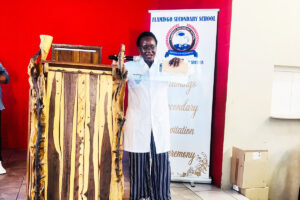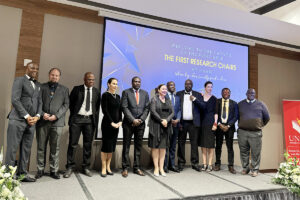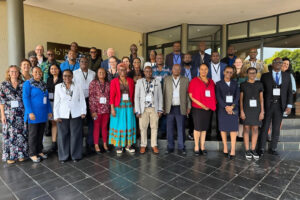The School of Science at the University of Namibia (UNAM) has acquired a state-of-the-art Liquid Chromatography – Tandem Mass Spectrometry (LC-MS/MS) instrument, valued at nearly N$ 2 million. This significant addition was made possible through a competitive instrument grant from the Recycling Organisation for Research Opportunities (RORO).
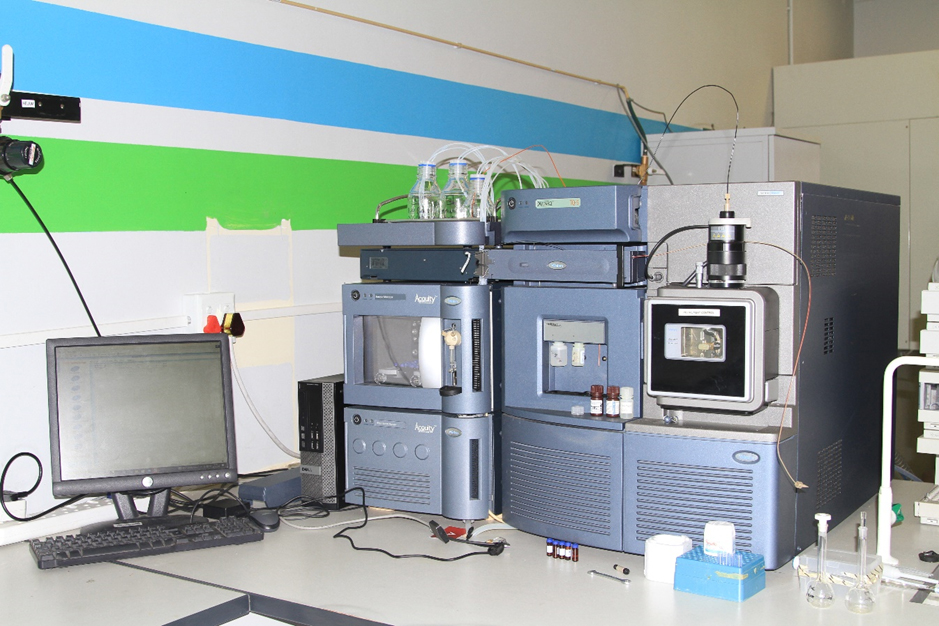
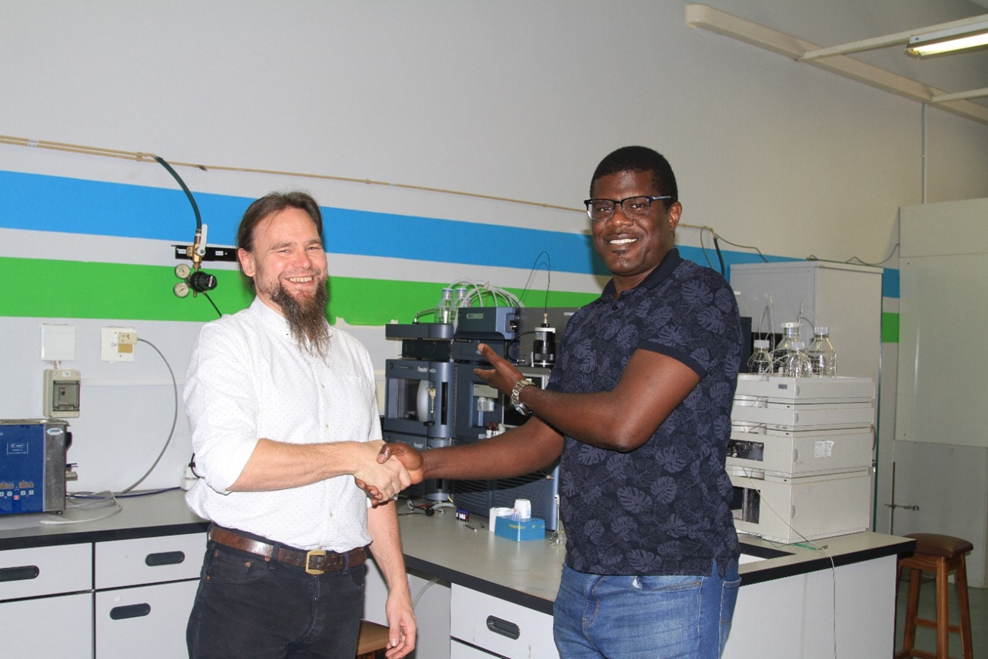
A team of esteemed researchers from the School of Science, including Prof. Stefan Louw (Principal Investigator), Dr. Muvari Tjiurutue, Dr. Renate Hans, and Dr. Kathithileni Kalili, successfully secured this grant. Dr. Giles Edwards, Founder Trustee and Technical Director of RORO personally visited UNAM to oversee the installation and to provide an official training course approved by the Royal Society of Chemistry. This training benefited staff from the School of Science, School of Pharmacy, and the Multidisciplinary Research Service.
This acquisition marks a first for UNAM and Namibia – it is the first LC-MS/MS instrument dedicated to teaching and research in the country. Prof. Louw highlighted the instrument’s broad utility in various research fields, including pharmaceuticals, food and beverage, clinical research, drug discovery, and environmental analysis.
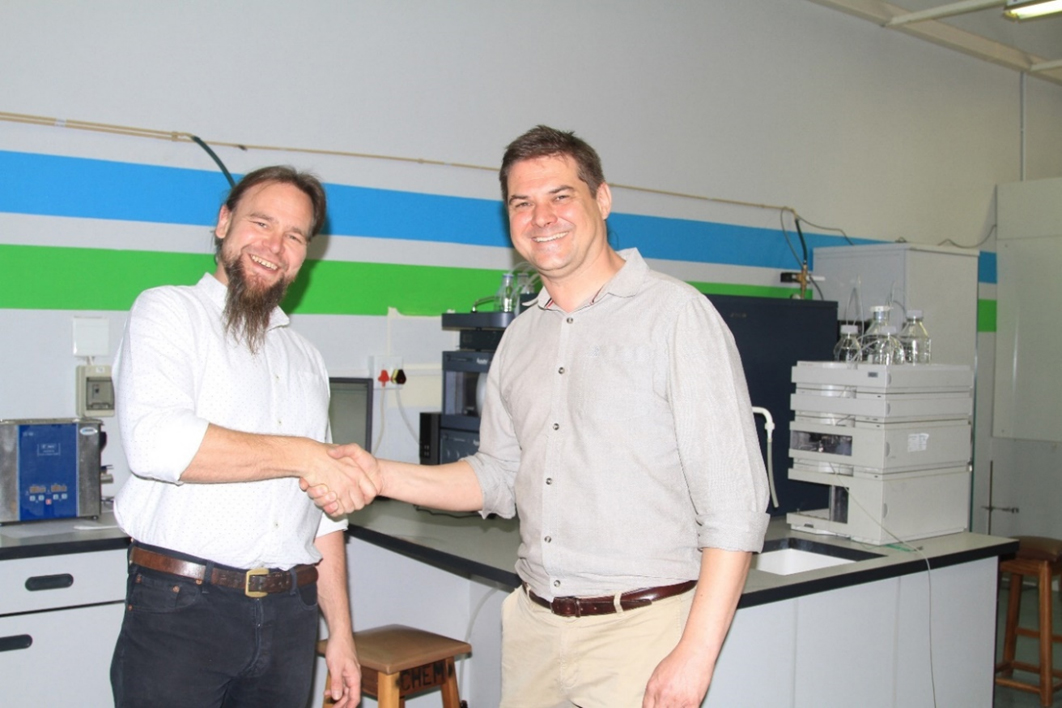
“This powerful technique allows for the identification and highly sensitive quantitation of compounds in complex mixtures,” Prof. Louw noted. He adds that, potential employers such as the Namibian Police Forensic Science Institute and the Central Veterinary Laboratory frequently utilise such technologies.
According to Prof Ndeyapo Nickanor, Executive Dean: Faculty of Agriculture, Engineering & Natural Science, the instrument is now part of the curriculum. “The instrument’s introduction into the curriculum promises profound benefits for students. Until recently, LC-MS/MS was only covered theoretically by MSc students.”
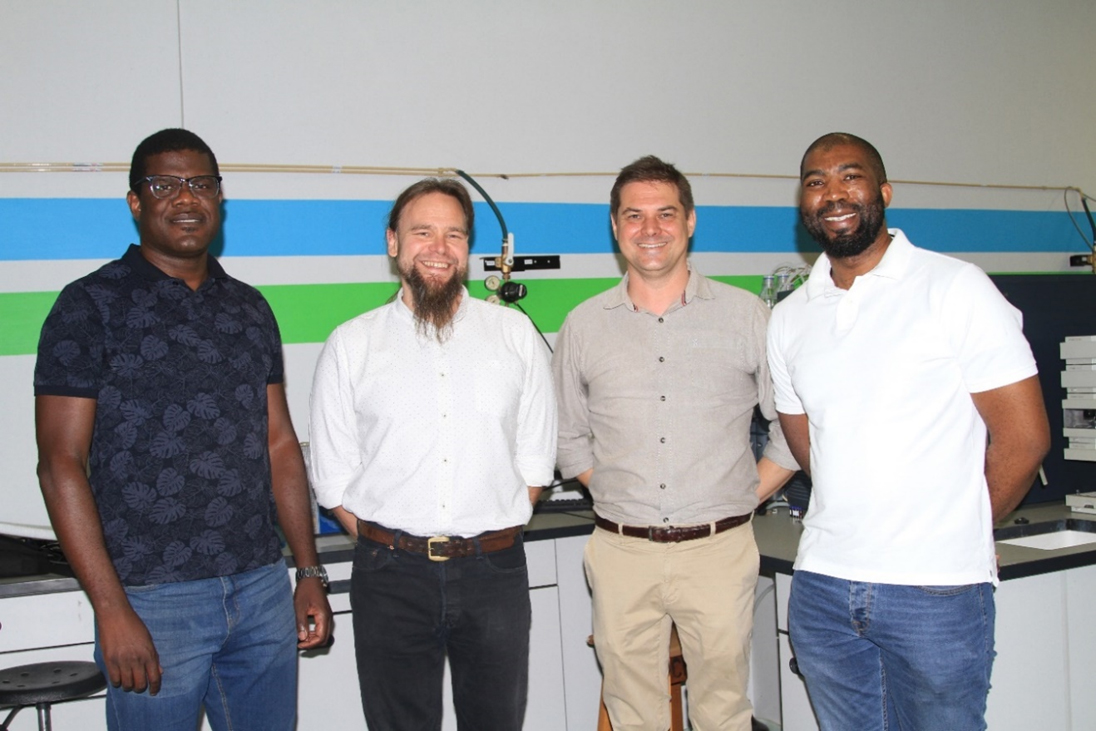
“From next year, especially in the new curriculum, LC-MS practical applications will be integrated into both the undergraduate honours degree programmes and MSc curricula, significantly enhancing their skills and employability,” she expressed enthusiastically.
This hands-on training is expected to significantly boost the employability of UNAM graduates in various sectors, including forensic science, standards regulation, and veterinary medicine, ultimately contributing to the development of skilled analytical chemists in Namibia.
No more outsourcing high-level LC-MS/MS analyses
Prof. Veikko Uahengo, Associate Dean of the School of Science, pointed out the transformative impact of this development. “Previously, our scientists had to outsource LC-MS/MS analyses to institutions outside the country. Now, we can conduct these high-level analyses right here at UNAM, enhancing our research capabilities significantly,” he stated.
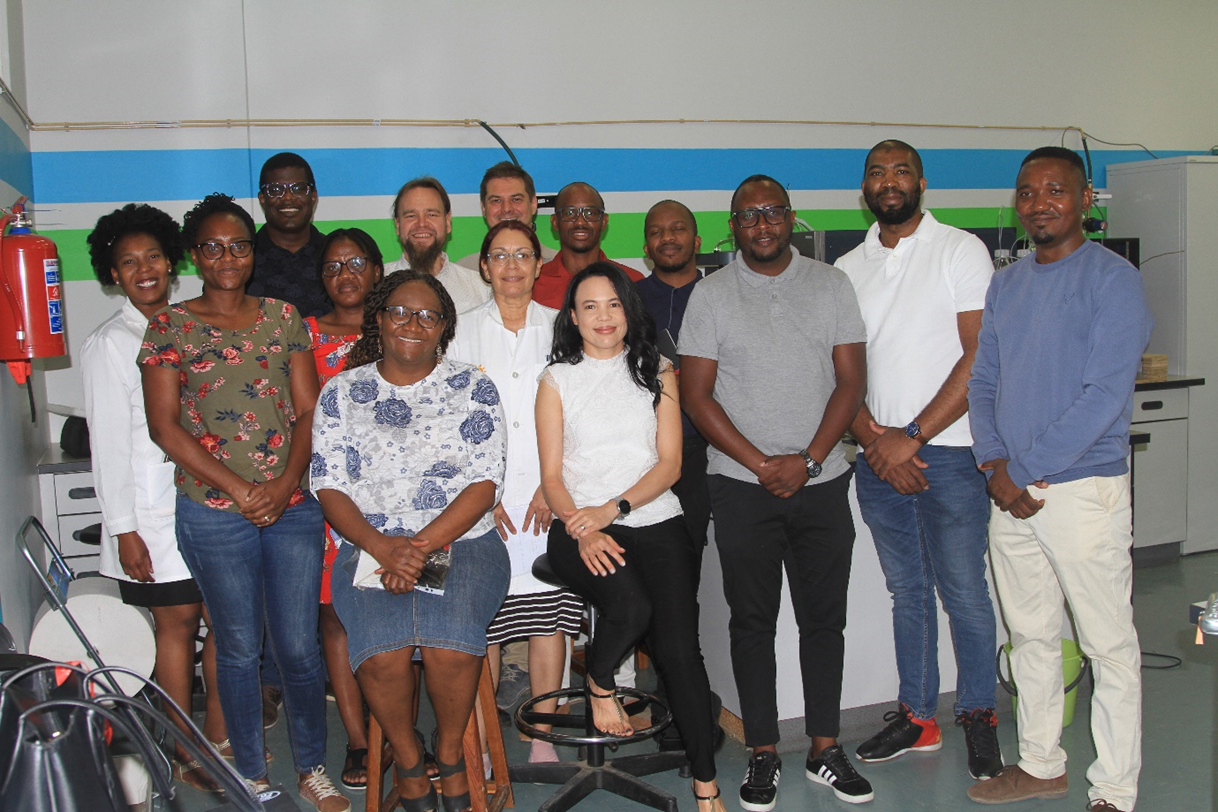
Looking forward, this instrument will not only bolster the quality of scientific education at UNAM but also build local capacity by training Analytical Chemists in Namibia, for Namibia.
This step forward underscores UNAM’s commitment to advancing science and technology education, ensuring that its students and faculty have access to the best resources for learning and research.


